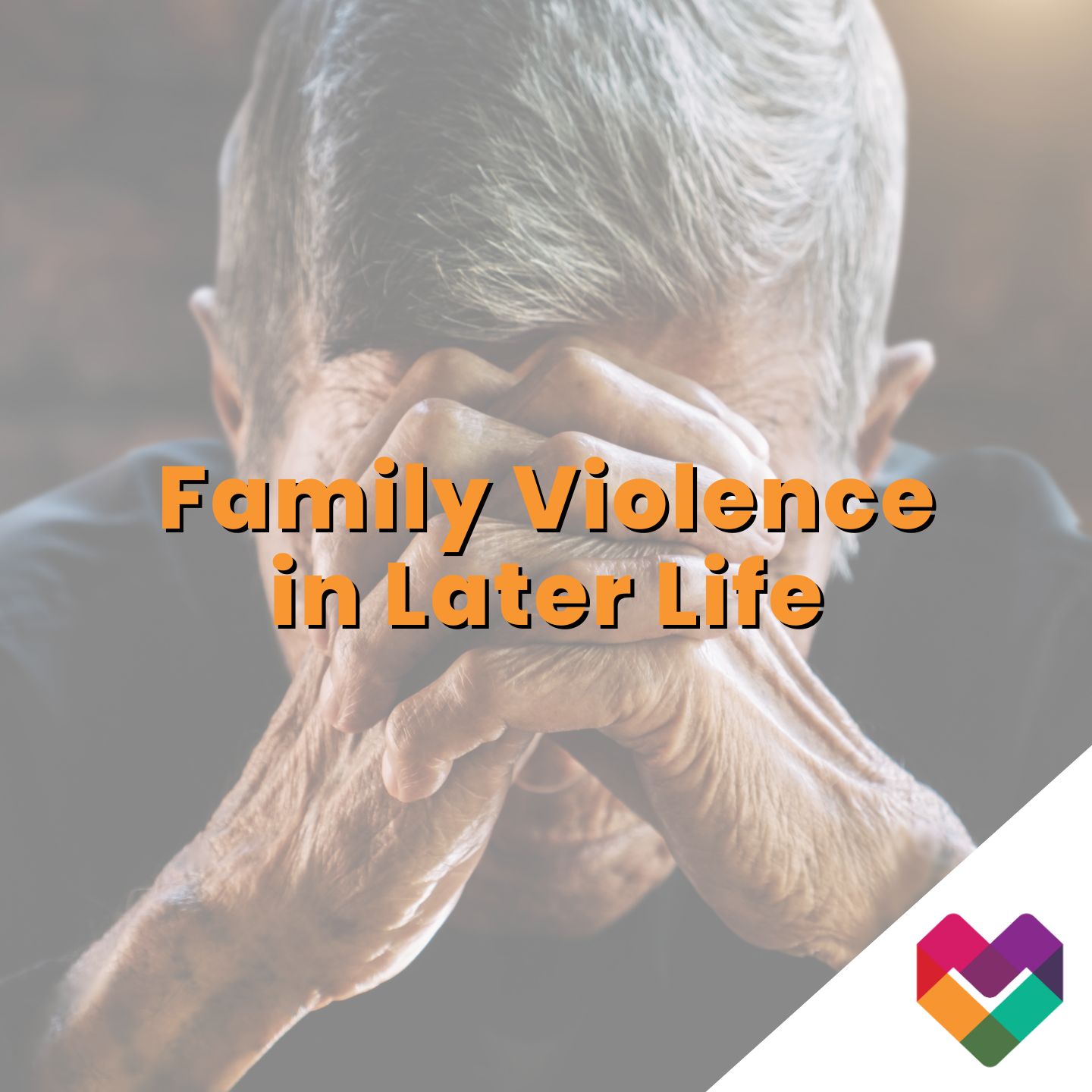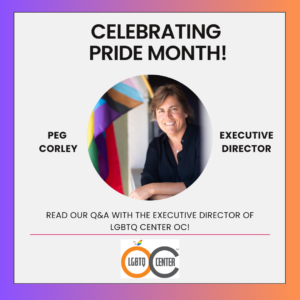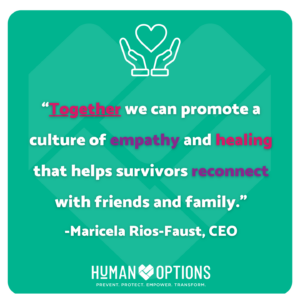By: Mieka Bledsoe, LMFT, Clinical Program Supervisor
Relationship violence doesn’t discriminate based on age. Despite societal misconceptions, older adults face unique challenges when experiencing relationship violence. When we think of abuse, we often picture it happening to children or intimate partners. However, a silent and distressing form of abuse exists within many families: adult children abusing their elderly parents. Family violence in later life is a hidden reality, where older adults face various forms of mistreatment from family members or their spouses. Many cultures have a deeply ingrained expectation of reciprocal care between generations. Parents dedicate their lives to taking care of their children, often sacrificing their own needs for the sake of their children. Many suffer in silence, fearing retaliation or further estrangement from their families. Unfortunately, the intergenerational power dynamic and cultural norms often deter elders from seeking help or speaking out against their abusers. Physical, emotional, and financial abuse are often some of the wounds inflicted on vulnerable elders I see. They may encounter barriers to seeking help, such as shame, fear of retaliation, or physical limitations.
Financial abuse is one of the most prevalent forms, where adult children take power and control away from their parents’ assets for personal gain, leaving them financially deprived and dependent. Manipulative tactics, such as coercion, threats, or deceit, may occur, wearing down the elderly parent’s autonomy and sense of security.
Emotional abuse, though less visible, leaves profound scars, chipping away at the elder’s self-worth and psychological well-being. Adult children may verbally abuse, belittle their parents, or subject them to prolonged periods of isolation, depriving them of social connections and emotional support.
Physical abuse, which is not widely reported, carries grave consequences, both physical and psychological. Adult children may resort to violence, inflicting pain and injury upon their elderly parents, betraying the fundamental principle of filial piety and respect.
There’s no single cause, but certain factors increase the risks. Social isolation and lack of support networks can make older adults particularly vulnerable targets. The same goes for those with conditions like dementia or Alzheimer’s that impair cognition and decision-making abilities. Oftentimes, the abuse arises from toxic family dynamics and long-standing patterns of control, coercion, and intergenerational violence. Living together or an elder’s need for care can create opportunities for abusers to exert power through threats, intimidation, or outright violence. Shame and denial frequently prevent people from acknowledging what’s happening to them or their loved ones.
If you or someone you know is experiencing relationship violence, please reach out to local support services or helplines for assistance and support. You are not alone, and help is available. To report elder abuse in a private home, contact your local Adult Protective Services agency (APS). For APS in Orange County call (800) 451-5155.
At Human Options we offer a 24/7 hotline where victims and survivors can speak with an empathetic, caring advocate who can help navigate available resources and validate their experience. Additionally, we offer Safe Options for Seniors services for more specialized support and strategies for coping with the effects of abuse.
For more information call our hotline at 877-854-3594 or visit humanoptions.org.








